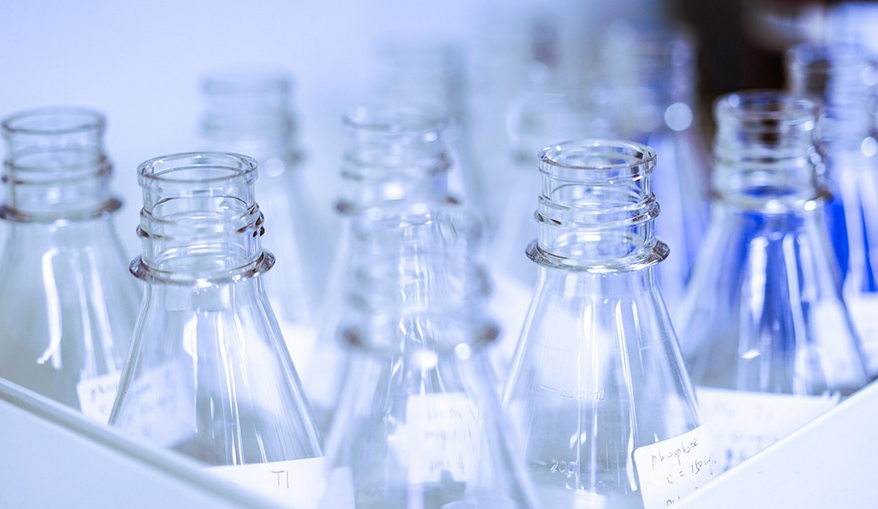Introduction
In organic chemistry, leaving groups are atoms or groups of atoms that detach from a molecule in a substitution or elimination reaction. Chlorine and bromine are two common leaving groups used in organic synthesis. The choice of leaving group can have a significant impact on the reaction rate and selectivity. In this article, we will explore the differences between chlorine and bromine as leaving groups and determine which is better.
What Makes a Good Leaving Group?
A good leaving group should be able to depart from the molecule quickly and without rearrangement or reaction with other molecules. It should also be stable and not reactive towards the nucleophile. Generally, the better the leaving group, the faster the reaction rate and the higher the yield of the desired product.
Chlorine as a Leaving Group
Chlorine is a common leaving group in organic chemistry due to its electronegativity and stability. It is a weak base and does not react with most nucleophiles. However, the C-Cl bond is relatively strong, which means that a higher energy input is required to break it. This can lead to slower reaction rates and lower yields.
Bromine as a Leaving Group
Bromine is also a common leaving group in organic chemistry. It is less electronegative than chlorine, which means that the C-Br bond is weaker and easier to break. This results in faster reaction rates and higher yields. Additionally, bromine is a larger atom than chlorine, which can lead to steric hindrance in some reactions.
When to Use Chlorine or Bromine as Leaving Groups
The choice of leaving group depends on the specific reaction being conducted. If a fast reaction rate is desired, bromine may be the better choice. If steric hindrance is a concern, chlorine may be preferred. Additionally, some reactions may require a specific leaving group for selectivity or to avoid unwanted side reactions.
Conclusion
In conclusion, both chlorine and bromine can be effective leaving groups in organic synthesis. The choice of leaving group depends on the specific reaction being conducted and the desired outcome. Chlorine may be preferred for its stability and lower steric hindrance, while bromine may be preferred for its faster reaction rates and higher yields. Ultimately, the best leaving group is the one that gives the desired product in the most efficient and selective manner.

